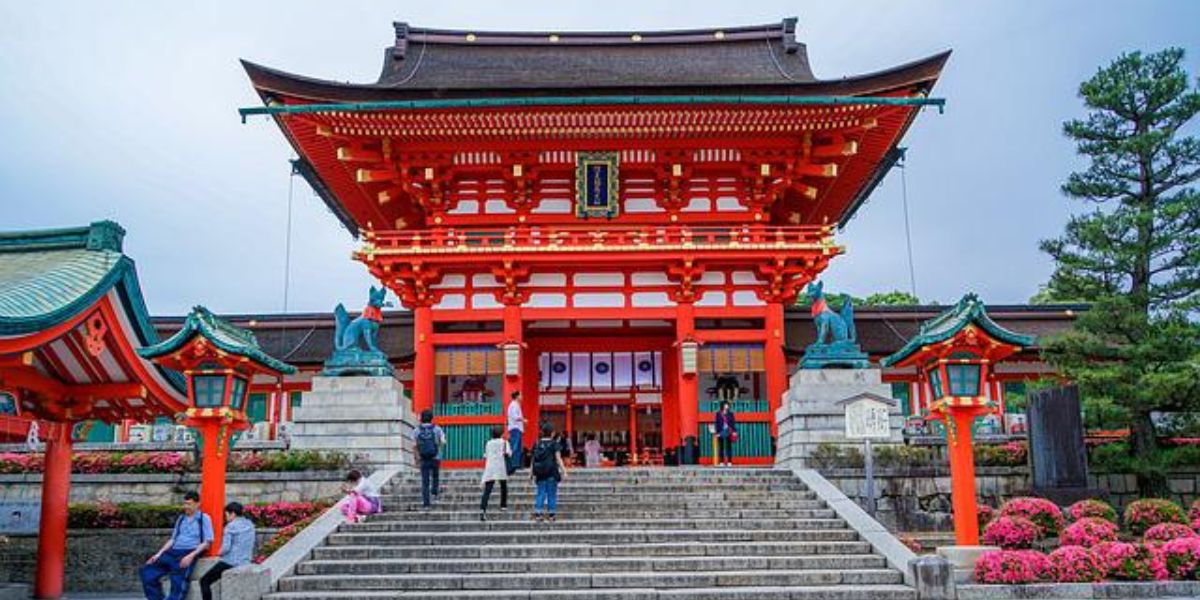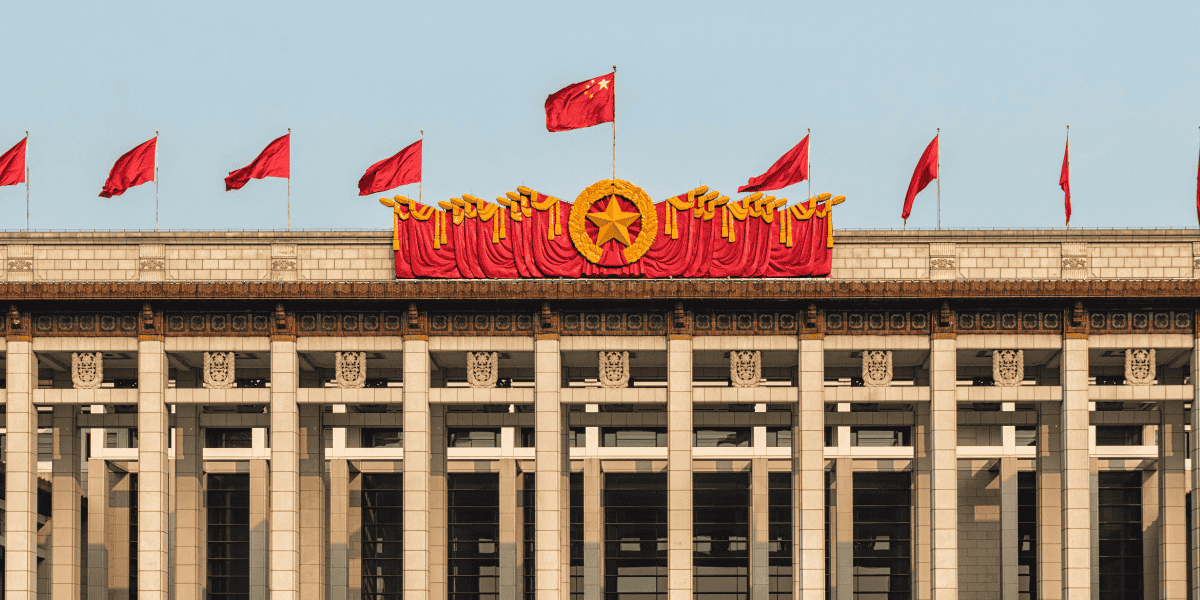On March 4 2014 the fourth round of China-Japan-ROK Free Trade Zone negotiations was held in Seoul, Korea (ROK). The chief negotiator and Assistant Minister of Commerce of China led a delegation to attend the negotiations. Delegations from Japan and Korea (ROK) also attended the negotiations.
China: VAT on telecoms
Related Posts

Japan, Ukraine negotiate to update IPA
The Japanese Ministry of Foreign Affairs announced on 20 February 2026 that the fourth round of negotiations with Ukraine on revising the Investment Protection Agreement (2015) took place from 17 to 19 February 2026. Both parties committed to
Read More
IMF Report Looks at the Fiscal Policy of Japan
On 17 February 2026 the IMF issued a report following consultations with Japan under Article IV of the IMF’s articles of agreement. The report notes that Japan’s economic growth has been resilient following the global economic shocks, but this
Read More
IMF Recommends Tax and Social Security Reforms in China
On 18 February 2026 an IMF Country Focus was published, generally based on the report issued by the IMF following consultations with China under Article IV of the IMF’s articles of agreement. China’s economy has remained resilient through
Read More
EU imposes tariffs on Chinese-made electric vehicles
The European Commission has implemented additional import duties on electric vehicles manufactured in China, with rates varying significantly by manufacturer. These charges come on top of the EU's standard 10% import duty on cars. Chinese EV
Read More
US issues new tax rules to limit Chinese clean energy components
The US Treasury Department released interim guidelines on 12 February 2026 addressing how companies can qualify for clean energy tax credits while restricting reliance on Chinese-made equipment under President Donald Trump's tax legislation. The
Read More
China issues interim framework for tax deductions on capital assets
China’s Ministry of Finance and the State Taxation Administration have issued Announcement No. 15 of 2026 on 30 January 2026, in which it issued provisional rules clarifying the deduction of input VAT on long-term assets, with a particular focus
Read More









